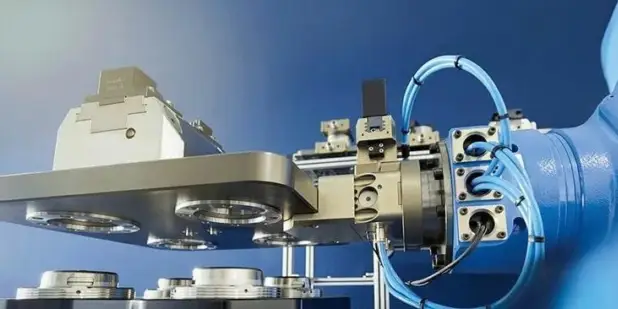What is an EAC-Declaration?
Definition, requirements and areas of application:
The EAC declaration (also: declaration of conformity with the TR CU/EAEU regulations) is an official procedure for confirming that a product fulfills the technical requirements of the Eurasian Economic Union (EAEU).
It applies to products with a low hazard potential and is legally required for import, distribution and commissioning in the EAEU countries (Russia, Kazakhstan, Belarus, Armenia and Kyrgyzstan).
Like the EAC certificate, the EAC declaration is a proof of conformity, but with a simplified Autorisation procedure.
When is an EAC-Declaration required?
An EAC declaration is required if a product is categorized as subject to declaration in accordance with the technical regulations of the EAEU states. It must be completed before import or commissioning in the EAEU market.
Typical product groups with mandatory declaration:
- Furniture and furnishings
- Certain machinery and equipment
- Textiles, shoes and clothing
- Cosmetics and hygiene products
- Food and additives
- Building materials and packaging
- Radio and electrical engineering
Difference between Certificate and Declaration?
Feature | EAC Certificate | EAC Declaration |
|---|---|---|
Product Type: | Safety Critical | Lower Risk |
Test Method: | Certification Body | Applicant |
Exhibition: | Certification Body | Applicant |
Expenditure: | High | Low |
Costs: | High | Low |
Responsibility: | Certification Body | Manufacturer |
Control: | Mandatory | Voluntary |
Complexity: | High | Low |
Who Issues an EAC-Declaration?
The declaration is issued by the manufacturer or an Authorised representative based in an EAEU country and submitted to a registration body. It is not issued by a certification body unless this is expressly stipulated in the corresponding TR CU/EAEU regulations.
Responsibility for the correctness of the declaration lies entirely with the applicant!
How does the EAC-Declaration Work?
Procedure for the EAC declaration of Conformity:
- Checking the requirements of the relevant technical regulations
- Compiling the necessary technical documentation
- Carrying out internal or external inspections
- Creating and signing the EAC declaration
- Registering the declaration in the EAEU
- Labelling the product and packaging
- Inspection of product conformity
What does an EAC-Declaration Cost?
The costs for an EAC declaration are generally lower than for an EAC certification. Typical price range is between €500 and €5,000.
The total cost depends on the following factors:
- Cost of technical documentation
- Number of products / model variants
- Test reports from laboratories (internal/external)
- Fees for registration and translations
The validity period of an EAC declaration is between 1 and 5 years.
Which Products Require an Declaration?
Many products that are exported to or sold in the Eurasian Economic Union require an EAC declaration, including:
- Production equipment and electrical engineering
- Furniture (cupboards, tables, beds)
- Cosmetics and care products
- Packaging materials
- Textiles and clothing
The exact classification is based on TR CU/EAEU regulations, e.g. TR CU 017/2011 for textiles, clothing and footwear or TR CU 005/2011 for food safety.
How long is an EAC-Declaration valid?
The validity of an EAC declaration depends on the product and the chosen assessment procedure:
- Individual batches: Only for a specific delivery
- Series production: 1 to 5 years
Important: The validity expires in the event of changes to the product, production or legal requirements.
Where is an EAC-Declaration valid?
A registered EAC declaration is legally valid in all countries of the EAEU Customs Union. This includes:
- Kazakhstan (KZ)
- Kyrgyzstan (KG)
- Armenia (AM)
- Russia (RU)
- Belarus (BY)
The EAC declaration and EAC marking guarantee the free movement of goods within these countries without additional authorizations.
Who is responsible for the Declaration?
The responsibility lies with:
- Manufacturer
- EAEU-Representative
These persons or companies must ensure that all requirements are met and that the correct documentation is available.
Why is an EAC-Declaration Important?
- It is legally required for many product groups
- It enables legal access to the market of the EAEU states
- It protects against customs delays, fines or market bans
- It documents compliance with safety and quality standards
- It increases trustworthiness towards retailers and customers


